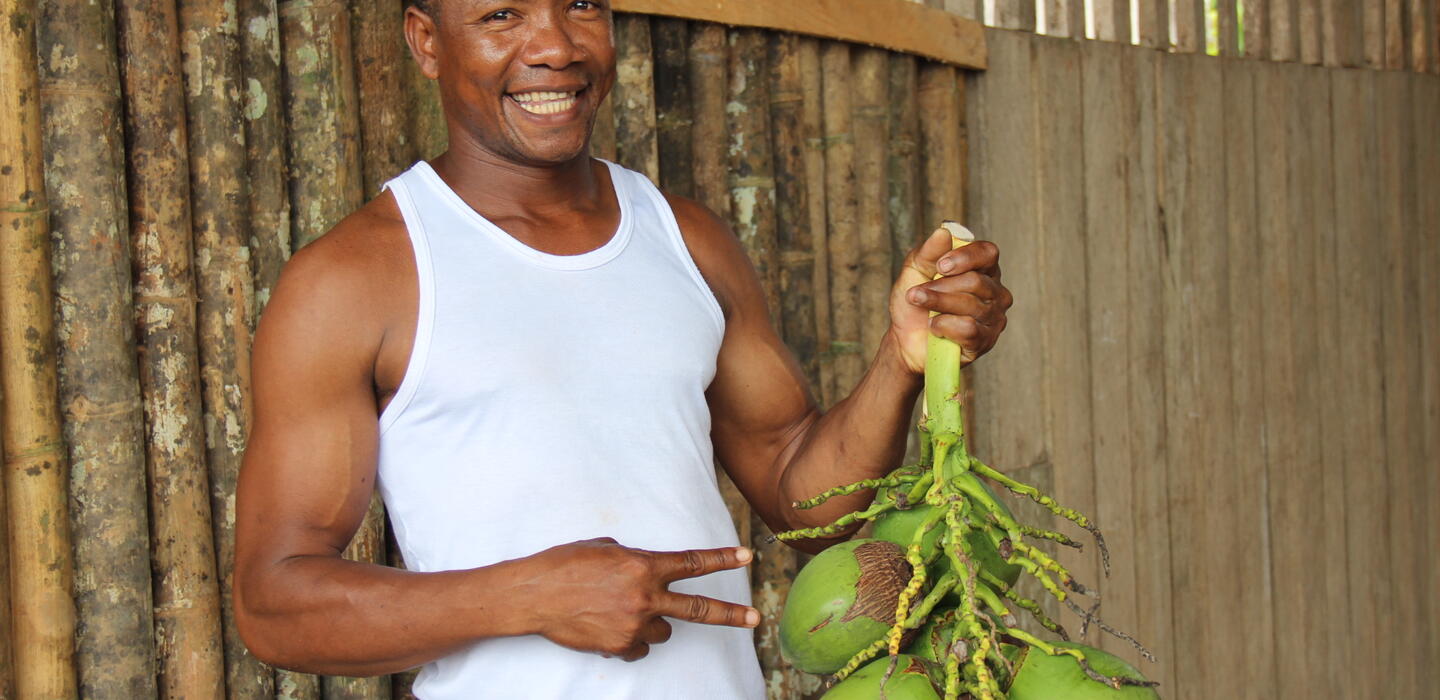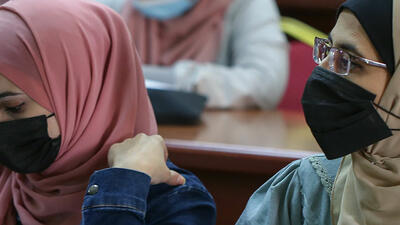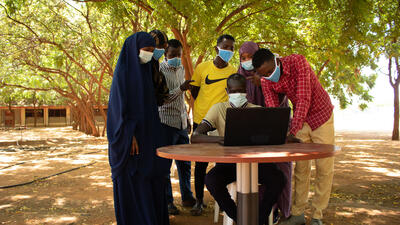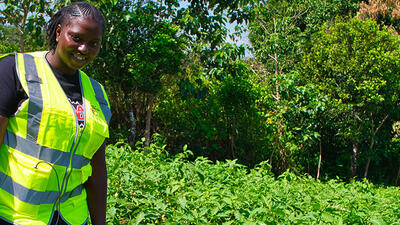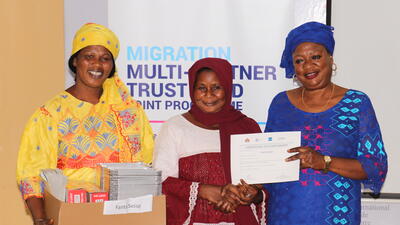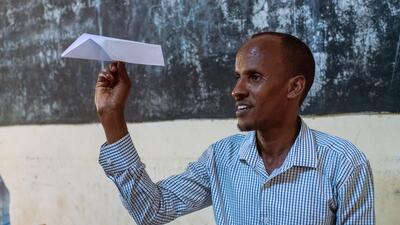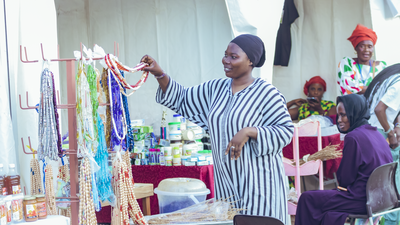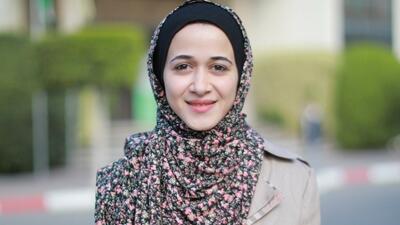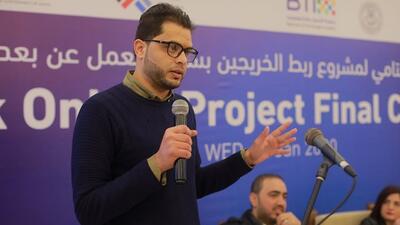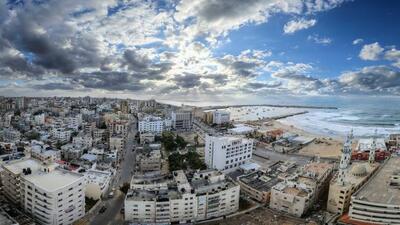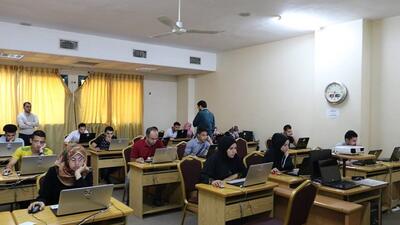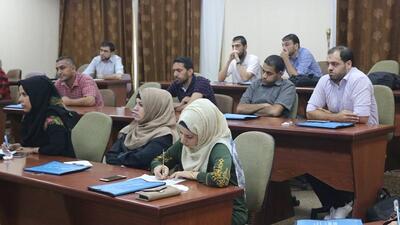



Migrants & refugees
Overview
ITC's work with vulnerable migration and forced displacement
Vulnerable migration and forced displacement are two of the world’s most pressing challenges. An increasing number of people are moving within and across borders in search of better opportunities, safety and dignity.
The International Trade Centre is uniquely positioned to impact these challenges. We use a trade-led and market-based approach to address the economic root causes of vulnerable migration and build economic resilience in forced displacement scenarios. Our approach is aligned with the UN's Global Compact for Migration and the Comprehensive Refugee Response Framework as part of the Global Compact for Refugees.
Video
Addressing the root causes of vulnerable migration
Addressing the root causes of irregular migration, such as employment shortages or poverty, has become a top priority of the international community. ITC works to address the economic factors driving people to migrate in vulnerable and irregular manners.
We work with micro, small and medium-sized enterprises, youth and entrepreneurs, harnessing their potential to create jobs and generate income. ITC encourages employment and develops opportunities for meaningful work in countries of origin, reducing the likelihood of vulnerable migration.
Building self-resilience in forced displacement scenarios
ITC sees the potential of displaced populations and recognizes their valuable and transferable skillsets. By focusing on building capacities and establishing market linkages, we enable displaced persons to get an income, find sustainable economic opportunities, and become self-reliant.
ITC always involves host communities in its initiatives as they also face challenges of poverty. This approach prevents exacerbating tensions between displaced and host populations.







